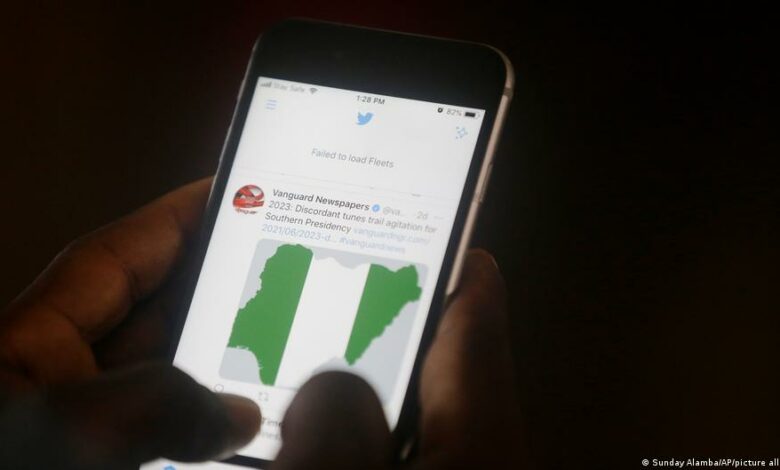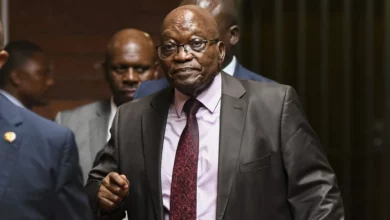
Nigeria’s government on Wednesday announced it would soon lift its ban on the social media platform Twitter.
In place since June 4, the ban came after Twitter removed a post from President Muhammadu Buhari that the social media giant said violated platform rules. But Twitter’s decision did not go down well with the Nigerian government, who imposed a ban on using the platform.
“The ban on Twitter will soon be lifted as we are getting close to reaching full agreement,” said Information Minister Lai Mohammed after a Cabinet meeting in the capital Abuja. “We have agreed on some areas. Hopefully in the next few days or weeks we will conclude” negotiations.
Twitter spokesperson Sarah Hart said the company had met with government representatives to discuss the ban, stating in an email: “Our aim is to chart a path forward to the restoration of Twitter for everyone in Nigeria. We look forward to ongoing discussions with the Nigerian government and seeing the service restored very soon.”
Twitter called the Nigerian president’s behavior “abusive”
The showdown between Twitter and Nigeria began when the California-based company removed a June 2 post by Buhari referencing the country’s 1967-1970 civil war.
Twitter said Buhari’s call to treat separatists “in a language they understand,” constituted “abusive behavior,” violating the platform’s policy.
Buhari served in the Nigerian army during the civil war, a conflict that killed more than one million people.
US and Canada call Nigeria’s Twitter ban an affront to freedom of expression
The ban drew international condemnation as a direct affront to freedom of expression. Rights groups, but also national governments, such as the US and Canada, vocally objected the Nigerian government’s action.
Twitter, at the time, said it was deeply concerned about the ban and called free and open internet access a basic right.
Though Nigeria’s attorney general initially argued for the prosecution of citizens who ignored the ban, the measure was never enforced.
On June 22, a West African court ruled Nigeria could not prosecute people using the service while appeals to overturn the ban were before the court. Thus, though some telecom companies blocked access, most of Nigeria’s 40 million Twitter users continued to tweet — only the government had stopped.
Nigeria had originally said it would not end the ban until Twitter submitted to numerous local licensing, registration and control regimes.
On Wednesday, Information Minister Mohammed said one outstanding issue remained, namely Nigeria’s demand that Twitter set up offices in the country. He said the company had agreed but could not act on the proposition until 2022.
Twitter previously irked Nigerian authorities by choosing to build its first office on the continent in the much smaller West African country of Ghana.
Twitter at the center of major rights campaigns in Nigeria
Twitter enjoys great popularity among Nigeria’s young population and has played a key role in a number of social media campaigns in the country, such as the #BringBackOurGirls campaign that sought the return of nearly 300 schoolgirls kidnapped by the Islamist terror group Boko Haram in 2014; and last year’s #EndSARS campaign against police brutality.
In the #EndSARS campaign, activists and participants used the social media platform to organize, raise money, and share evidence of police brutality. Twitter CEO Jack Dorsey subsequently proceeded to infuriate authorities when he directly encouraged followers to donate to the protesters’ cause.




